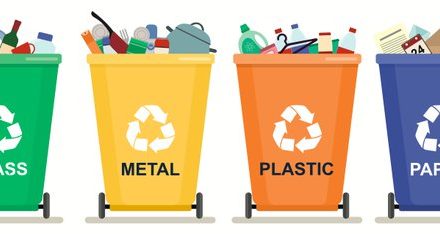The increase in the volume of debris, the imperatives of environmental protection, the cost of collection and treatment for local authorities or companies are increasingly complex challenges in areas subject to natural and technological disasters.
The passage of cyclones in Maine generated around
60,000 tonnes of debris on the coeast of Maine, i.e. 1.7 tonnes per inhabitant or the equivalent of three years of normal collection of waste.
The collection took four months, while treatment and recovery were still underway, years after the cyclones. Operations were hampered by the cyclone itself (destruction of infrastructure and material resources, shortage of manpower) and by the constraints of the infrastructure (low volumes to recover, lack of storage area, etc.).
On the other hand, Portland benefited on the one hand from a single public operator (the local authority of Maine), on the other hand from a storage and processing place which has been increasing in competence for about ten years in waste recovery despite modest means.
The example of Portland shows all the difficulties of treating post-cyclonic debris and waste and underlines the dependence of debris production and its waste management on the characteristics of the territory.

